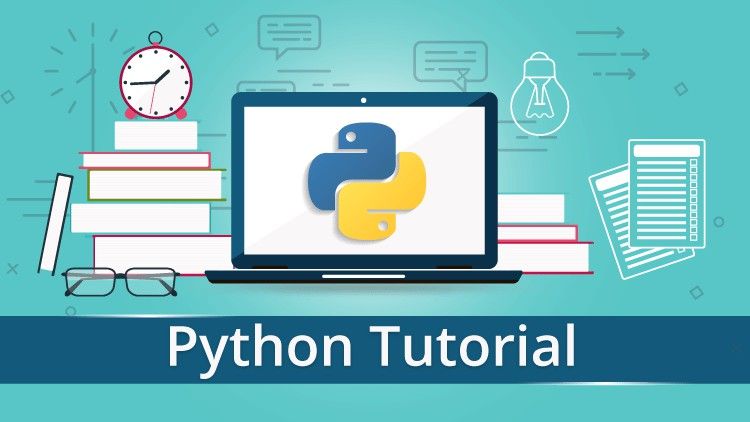
In today’s rapidly evolving digital landscape, programming has become an essential skill for professionals in various industries. Python, with its simplicity and versatility, has emerged as one of the most popular programming languages. Whether you are a beginner or an experienced developer looking to expand your skill set, this comprehensive guide will take you on a journey from the basics of Python programming to advanced concepts.
Getting Started with Python
Before diving into the world of Python programming, it is crucial to understand the fundamentals. We’ll cover topics like installing Python, managing environments, and setting up a development environment. By the end of this section, you’ll have a solid foundation to build upon.
The Building Blocks: Variables, Data Types, and Control Flow
Next, we explore the building blocks of Python programming. We delve into variables, data types, and control flow mechanisms. You’ll learn how to declare and manipulate variables, work with strings, numbers, lists, and more. Understanding control flow structures, such as loops and conditionals, empowers you to develop dynamic and interactive Python applications.
Functions, Modules, and Libraries
Python’s strength lies in its extensive collection of libraries and modules, which enable developers to easily leverage pre-existing code to solve complex problems. In this section, we explore how to define and use functions effectively. We also cover the process of importing and using libraries, highlighting some of the most popular ones for different domains, such as data analysis, web development, and artificial intelligence.
Object-Oriented Programming in Python
Building upon the foundational concepts, we introduce object-oriented programming (OOP) in Python. OOP allows you to encapsulate data and functionalities into objects, making your code more modular and scalable. We cover essential OOP concepts like classes, inheritance, polymorphism, and composition. By mastering OOP, you’ll be able to design and develop robust Python applications.
Advanced Python Concepts
Now it’s time to push the boundaries of your Python knowledge further. We explore more advanced concepts such as decorators, generators, context managers, and asynchronous programming. These advanced features will enhance your coding skills and enable you to tackle complex programming challenges efficiently.
Python Best Practices and Optimization
Developing clean, readable, and maintainable code is essential for any software project. In this section, we delve into Python’s best practices, coding conventions, and optimization techniques. You’ll learn invaluable tips on how to write efficient and scalable code, debug effectively, and use tools that enhance productivity.
Real-World Applications and Projects
No programming journey is complete without applying newfound knowledge to real-world scenarios. In this section, we showcase various Python applications across domains like web development, data science, machine learning, and automation. We also provide step-by-step tutorials for exciting Python projects, allowing you to gain hands-on experience and reinforce your learning.
Conclusion
Python programming has witnessed widespread adoption across the tech industry due to its simplicity, versatility, and a vibrant community. By starting from the basics and gradually delving into advanced concepts, this comprehensive guide equips you with the skills needed to develop powerful Python applications. Embrace Python, unleash your creativity, and embark on a rewarding journey into the world of tech innovation.

